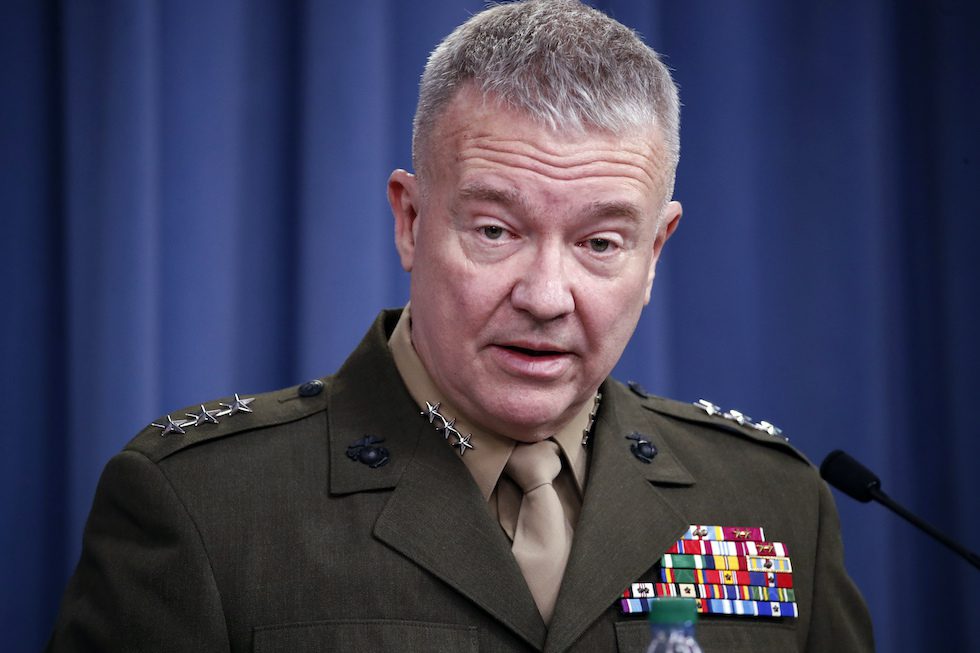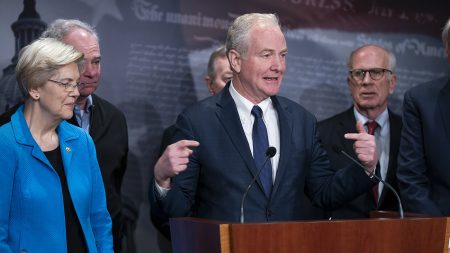Retired Gen. Frank McKenzie, the former leader of CENTCOM, cautioned on Sunday that ISIS online radicalization poses a risk for potential terrorist attacks following the deaths of over 130 individuals in an attack in Moscow last week.
Four gunmen killed 144 people in a concert hall in suburban Moscow last week, believed to have been instructed by ISIS-K, the terrorist organization’s Afghanistan branch. Russian authorities arrested the gunmen from Tajikistan and their believed co-conspirators.
McKenzie said the attack was likely an action organized directly by ISIS-K but that online radicalization poses a threat to the future.
“Self-radicalization — radicalization in place, if you will, by people who have access to the internet abroad — may be one of the most dangerous methods that ISIS can use to generate attacks,” he said in an ABC “This Week” interview with Martha Raddatz on Sunday.
“Those attacks are generally not going to be well coordinated. They’re not going to be well-planned. And they’re not going to be well-supported,” he said. “But they can be very lethal, because there’ll be so hard to detect.”
The Moscow attack raised concerns that ISIS could be resurgent and ready to strike into Europe or even the U.S., though American intelligence leaders have assured the public that there is no threat.
“The Department of Defense has not taken its eye off of ISIS,” Pentagon press secretary Maj. Gen. Pat Ryder told reporters Thursday.









